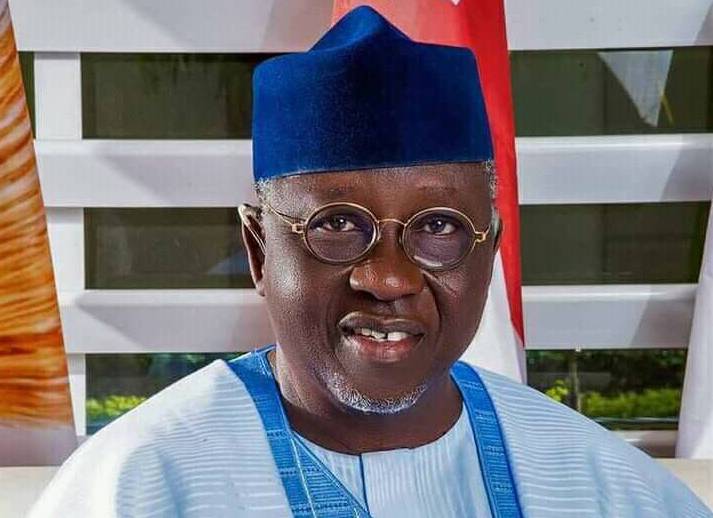A senior figure in Nigeria’s ruling All Progressives Congress (APC), former Nasarawa State Governor Senator Tanko Al-Makura, has publicly endorsed the party’s newly appointed National Chairman, framing the leadership shift as a unifying step for Nigeria’s political landscape. In an open letter released Tuesday in Abuja, the APC chieftain praised the transition as evidence of the party’s commitment to internal reform and national stability, urging stakeholders to prioritize collective progress over personal agendas.
Al-Makura, a founding member of the APC following its 2013 merger of opposition parties, described the National Executive Committee’s (NEC) ratification of the new chairman—backed by President Bola Tinubu—as a “demonstration of political maturity.” He emphasized that the transition underscored core APC principles such as discipline, equity, and placing national interests above individual ambitions. “This is not merely a leadership transition,” he wrote. “It is a reaffirmation of the foundational values that shaped our party.”
The former governor rejected narratives framing the leadership change as destabilizing, arguing instead that it reflected democratic consolidation. “I am in total and unflinching support of the President’s and the NEC’s decision,” he stated, calling on members to “move forward together” by fostering dialogue and consensus. He stressed the urgency of rebuilding public trust in the APC, which has faced criticism over Nigeria’s economic challenges and regional tensions.
Al-Makura highlighted the need for the new leadership to adopt an inclusive approach, ensuring youth, elders, and marginalized factions feel represented. “The party must become a symbol of moderation,” he cautioned, tying internal cohesion to Nigeria’s broader stability. He urged the chairman to address socioeconomic tensions with “moral clarity” while balancing administrative competence and reconciliation efforts.
Reflecting on his role in the APC’s formation, Al-Makura pledged to serve as a mediator between generations and regions, offering mentorship without seeking influence. “I remain available not as a contender, but as a resource,” he declared, emphasizing his commitment to the party’s founding mission. He closed by underscoring leaders’ “moral responsibility” to govern with empathy, particularly amid rising public demand for tangible solutions to inflation, insecurity, and social inequality.
The endorsement comes as the APC seeks to solidify its position ahead of Nigeria’s 2027 general elections. Analysts note that Al-Makura’s advocacy for unity and institutional discipline may resonate within a party navigating competing regional interests and scrutiny over its governance record. His appeal for intergenerational collaboration and ethical leadership reflects broader debates within Nigerian politics about the balance between authority and public accountability.
